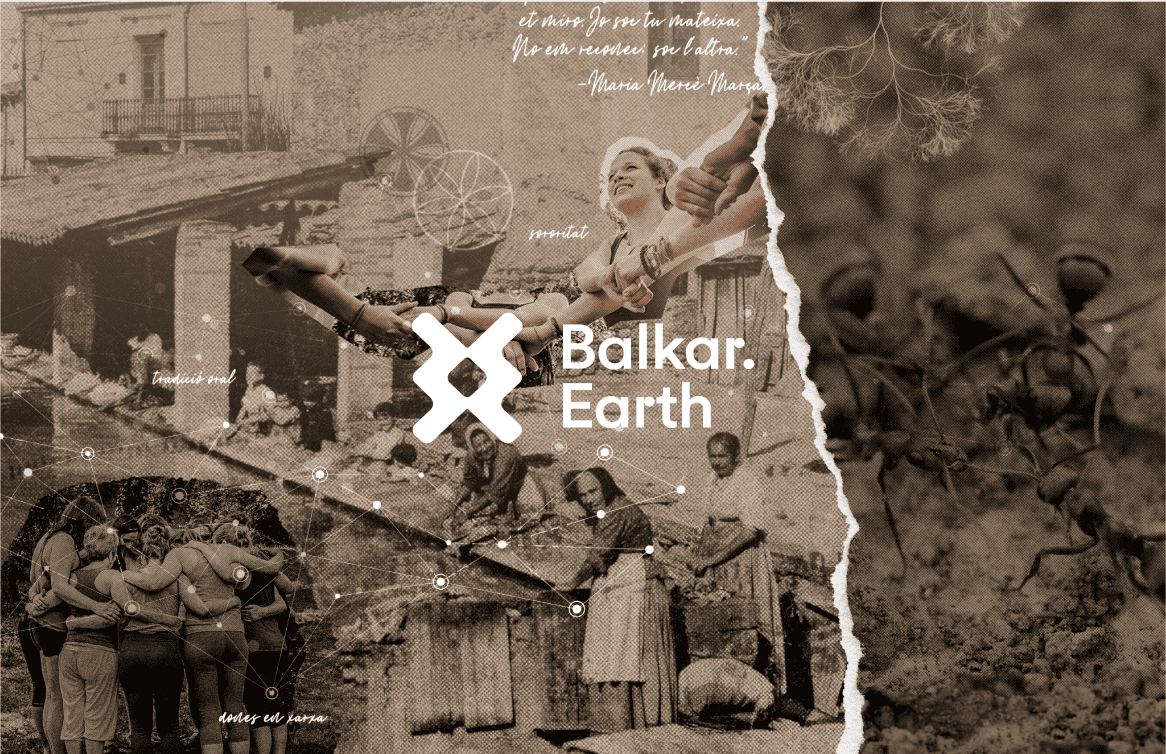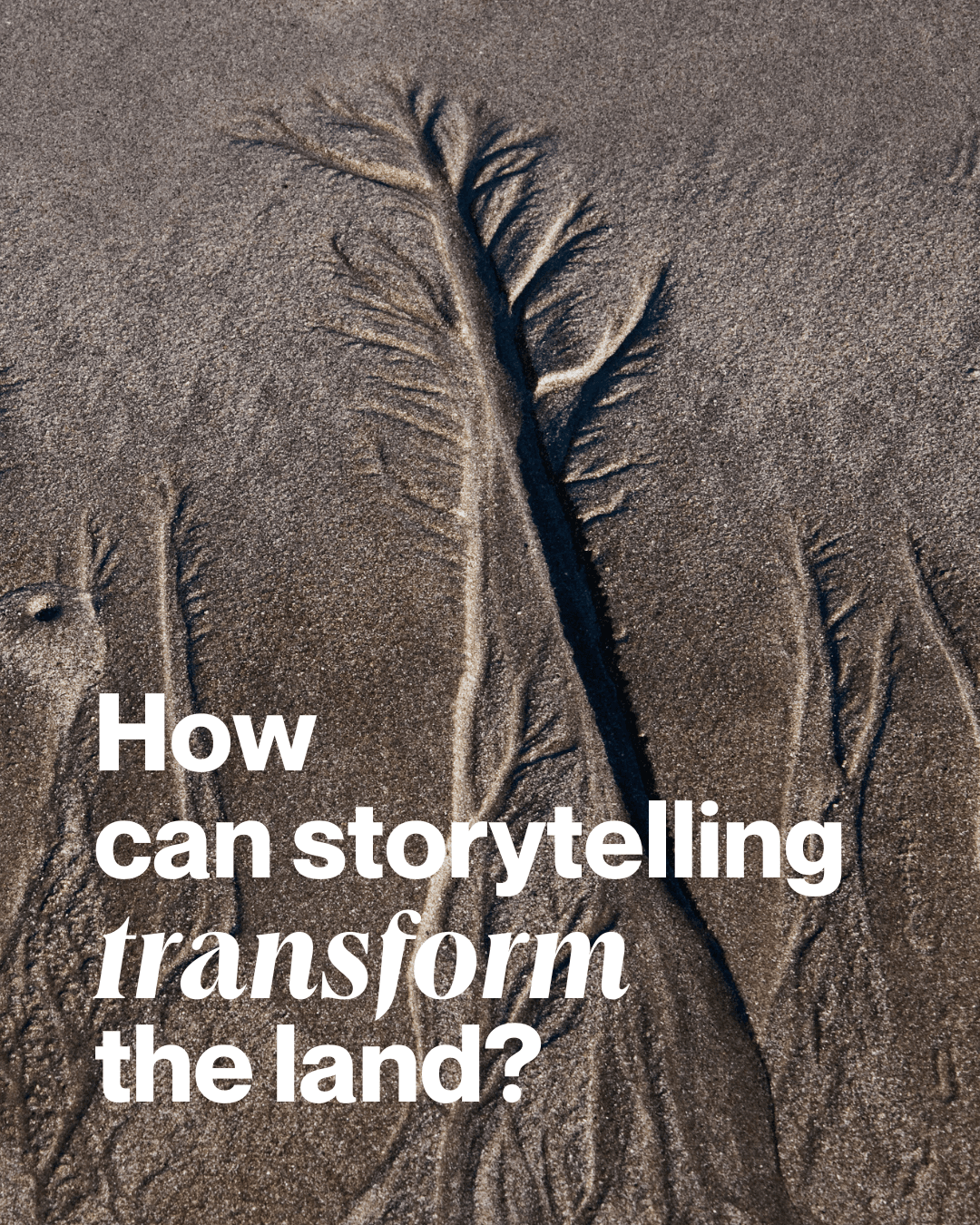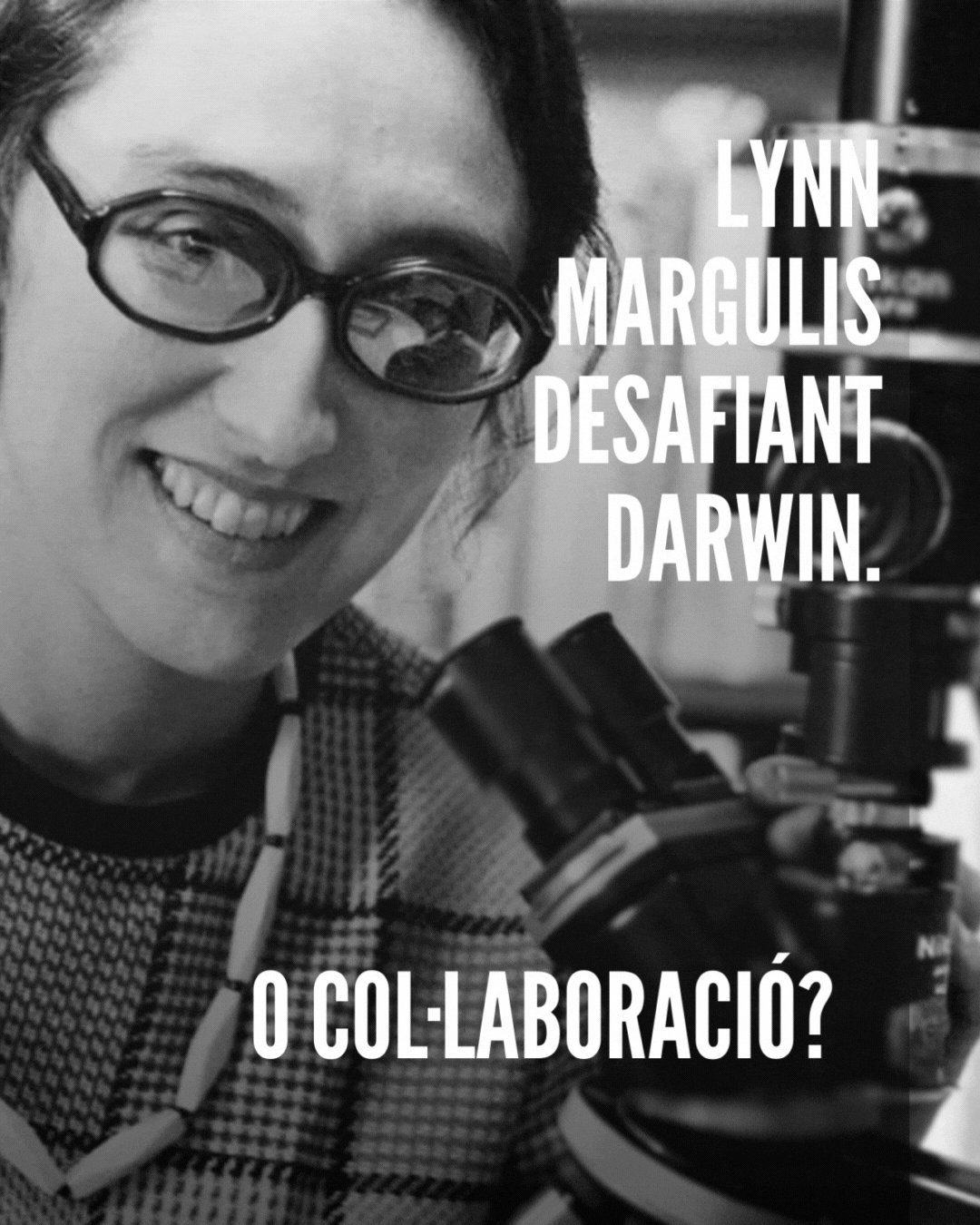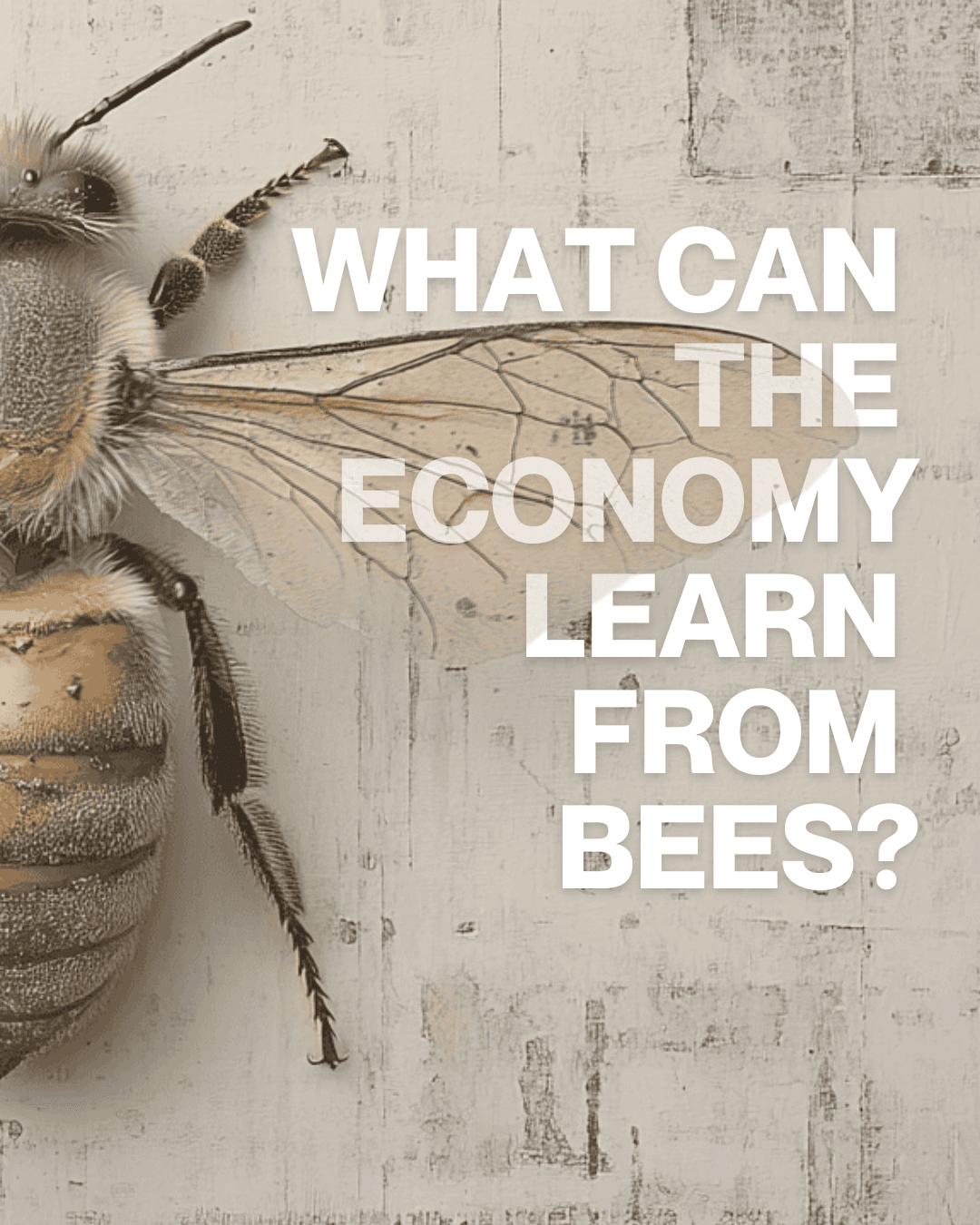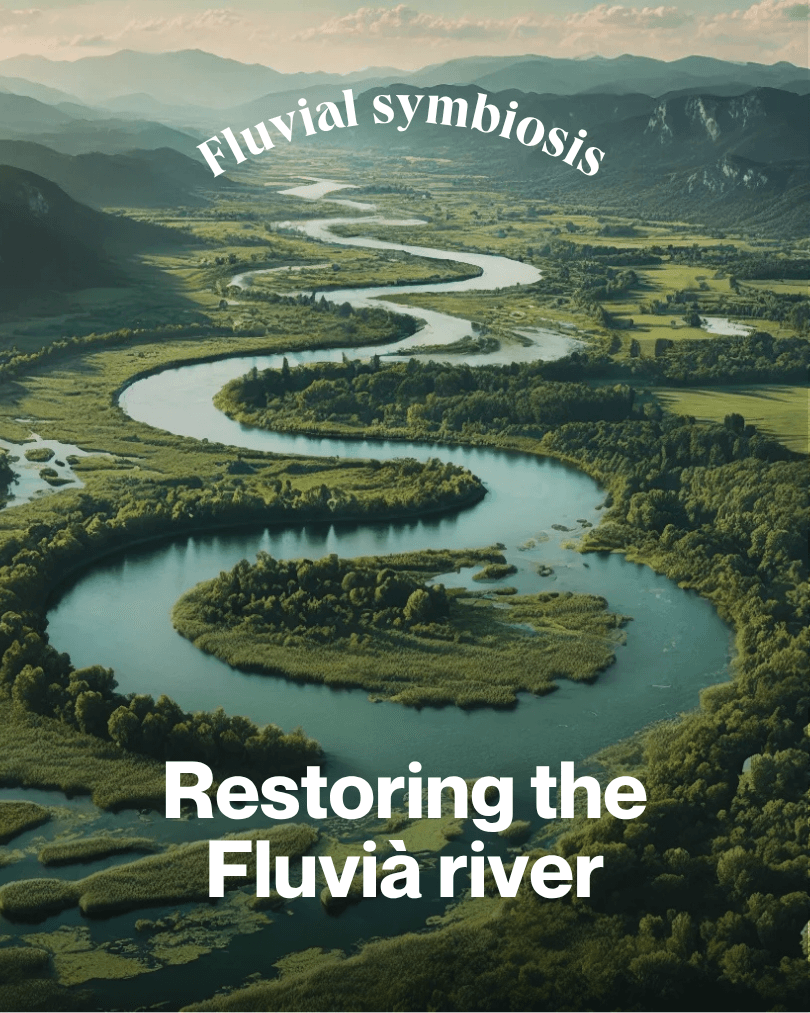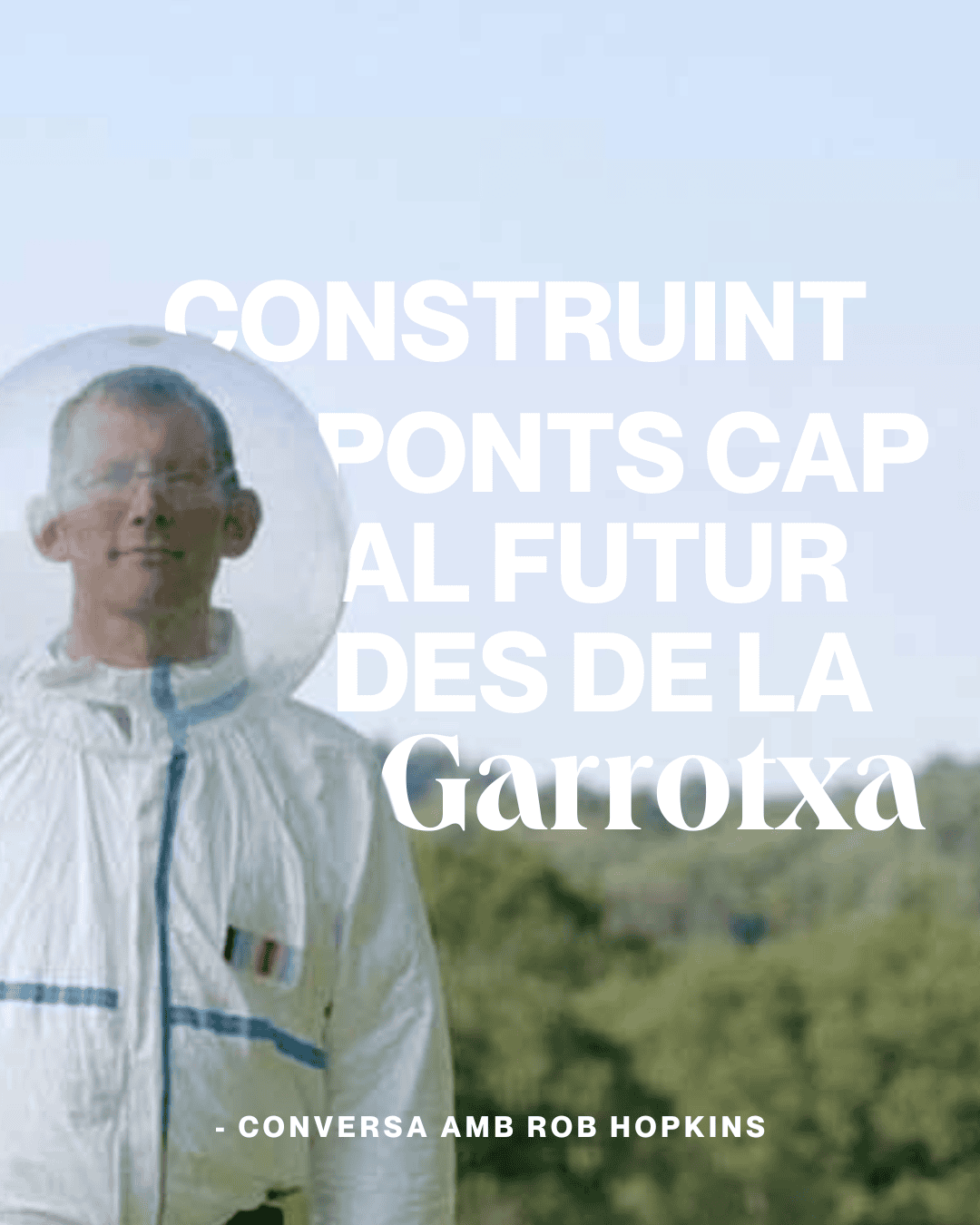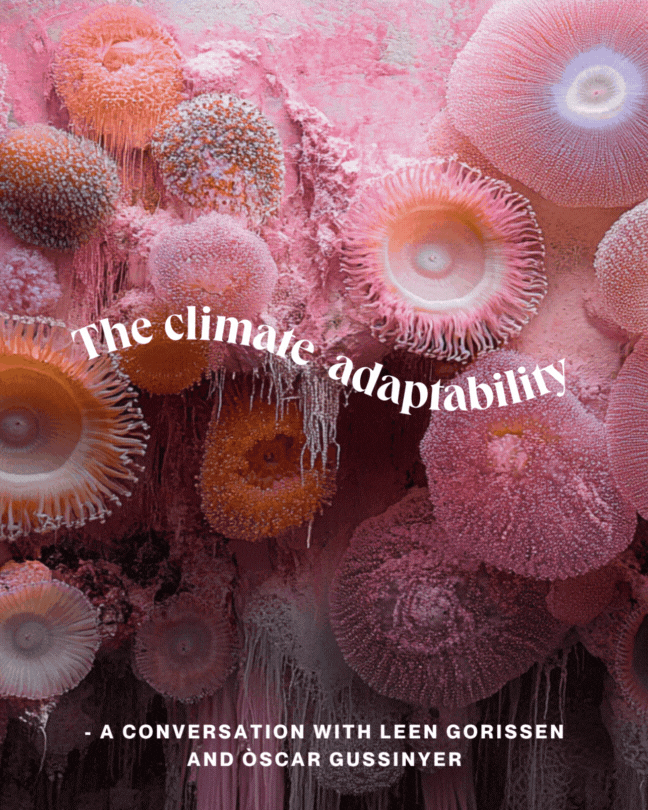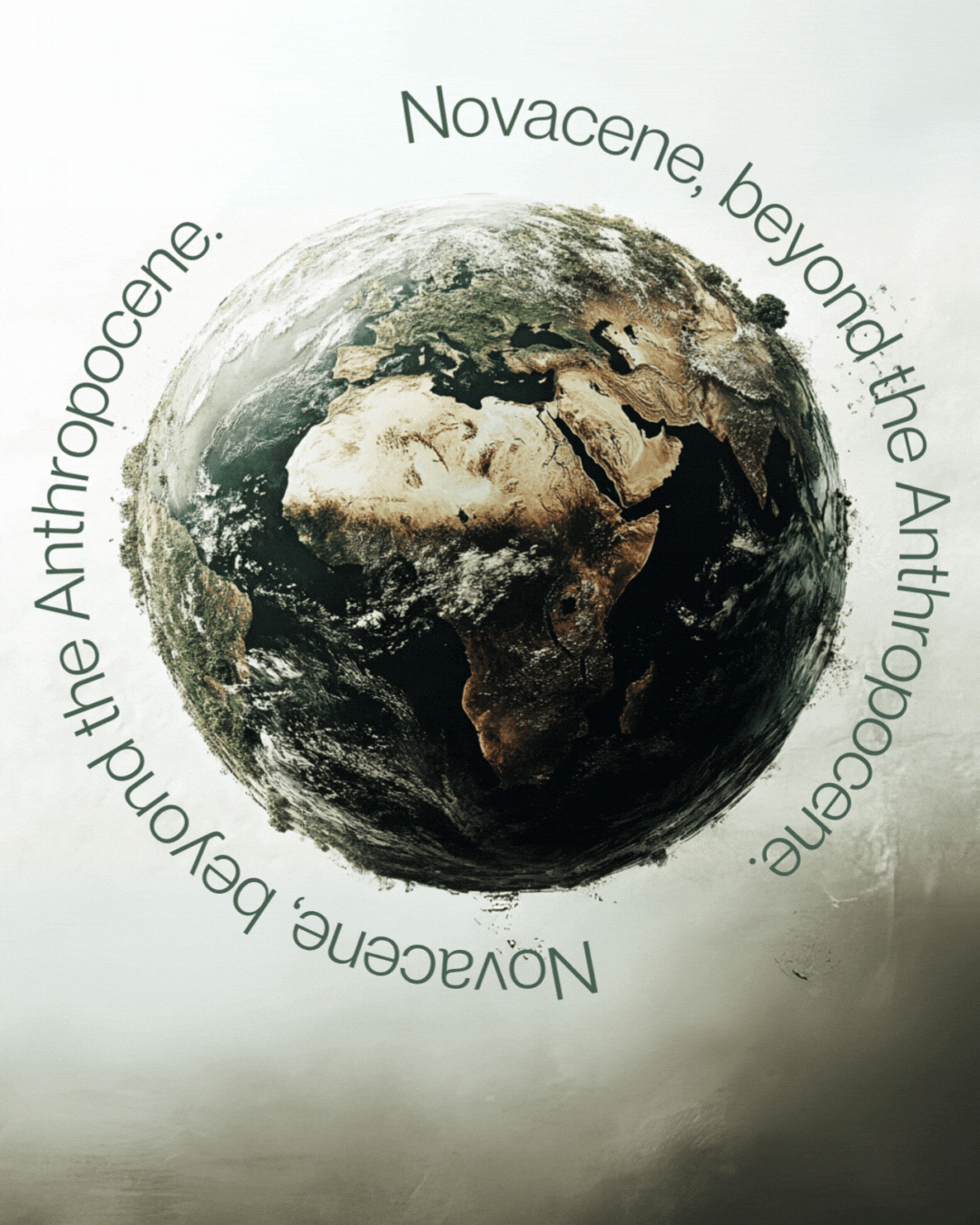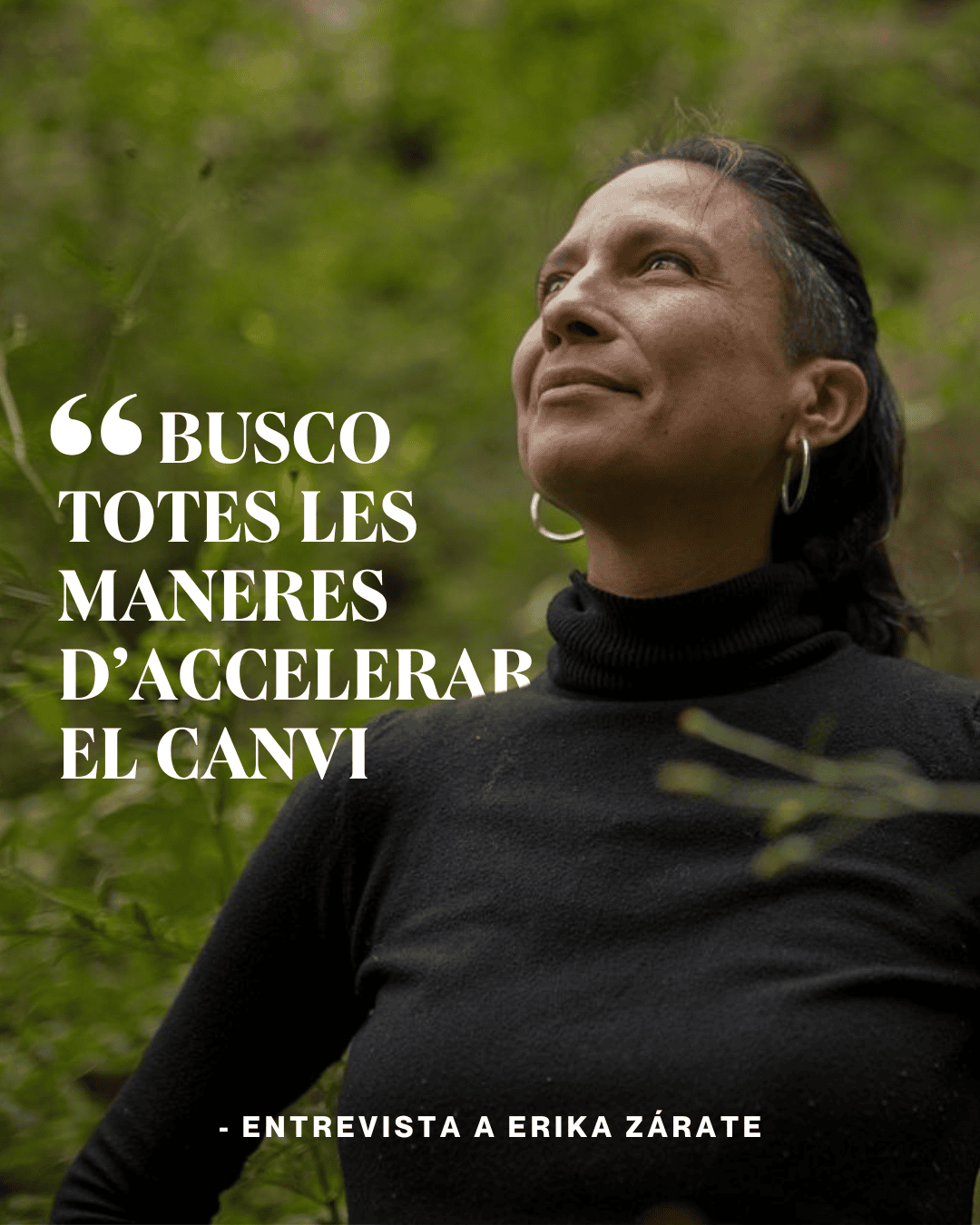Decolonization
If decolonization is a task to redraw our identities, what should be left behind to see us as we are?
Collective learning
Decolonization is a deep and multifaceted process that transcends land return or political independence. Vanessa Andreotti defines decolonization as a "collective learning" that challenges the narratives and structures imposed by colonialism. This process involves rethinking the relationships of power, the way we live and consume, and the basis of knowledge and education. It is a call to reconstruct our identities and forms of organization from a regenerative and inclusive perspective.
Leanne Betasamosake Simpson, from his experience as an indigenous activist and thinker, emphasizes the importance of recovering the "site relationship" and the spiritual connection with the territory. This reconnection does not only involve restitution of land, but also the restoration of ancestral practices and values that have been suppressed or distorted. Decolonization, according to Simpson, is a way to re-establish harmonic relationships with the land and communities that guarded it.
This process is also an alert to the destructive effects of colonialism in local ecosystems and economies. Vandana Shiva notes that the extractive logic of colonialism has led to the environmental collapse and marginalization of local communities. Decolonization therefore not only calls for land return, but also a systemic transformation that places regeneration at the center of political and economic structures.
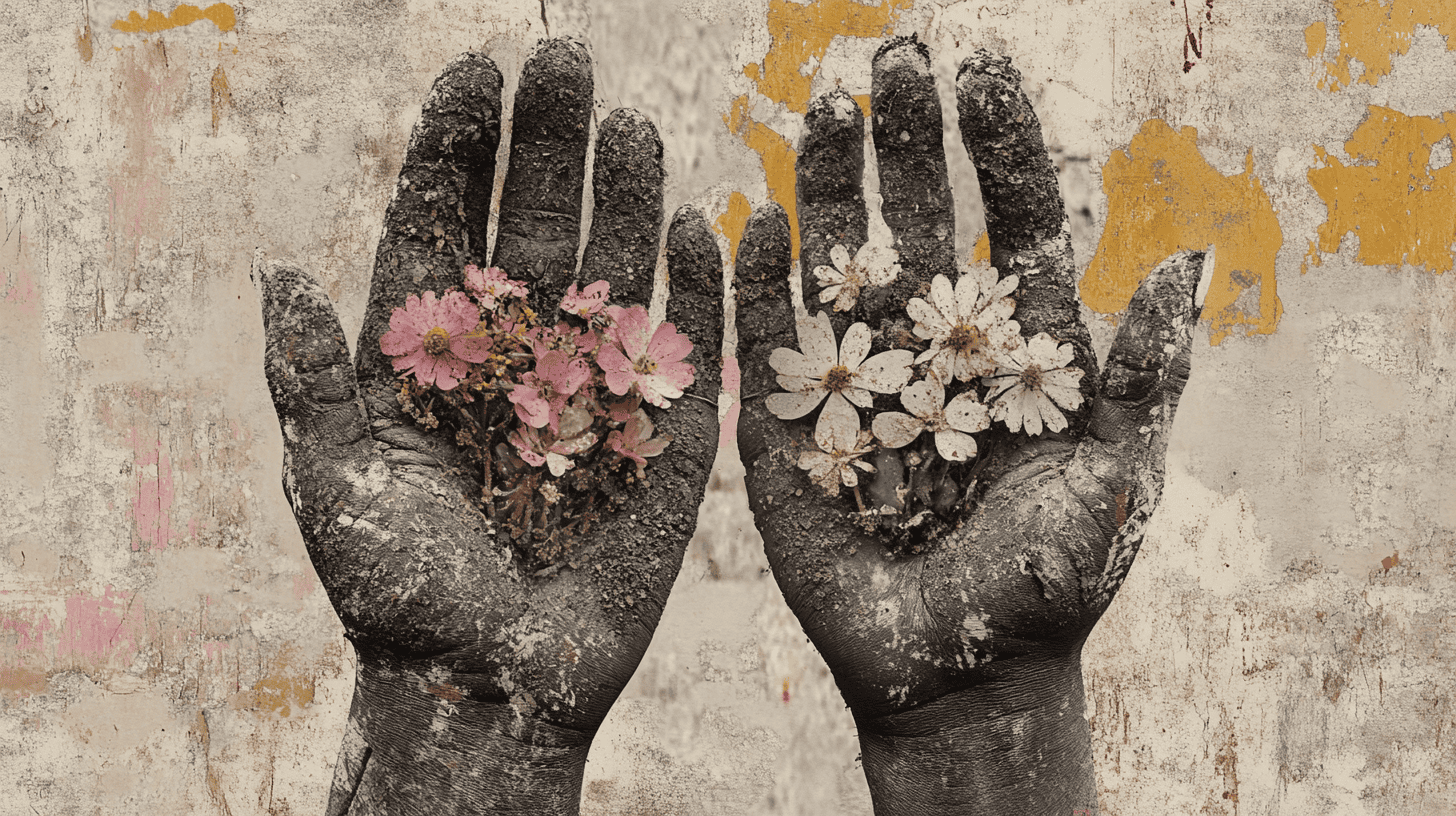
Multiversal knowledge
Academically, decolonization requires a rethinking of inherited epistemic structures. Vanessa Andreotti explores how colonial hierarchies have conditioned our forms of knowledge, privilegeing values such as universality and domination. Andreotti argues that decolonization requires a pluriversal epistemology, which includes indigenous and non-Western knowledge, recognizing his contributions in the ecological, cultural and social sphere.
Tyson Yunkaporta, in his Sand Talk: How Indigenous Thinking Can Save the World, brings a unique perspective on the role of indigenous thinking in global regeneration. Yunkaporta proposes to understand human relationships and nature as a complex network of interconnections that are based on harmony and reciprocity. According to him, indigenous thinking teaches the importance of working with natural rhythms, rather than trying to dominate them, and offers tools to address global challenges from a relational perspective.
This view is complemented by the work of Taiaiake Alfred, who emphasizes cultural and political sovereignty as a key element for decolonization. Alfred argues that the recovery of governance systems based on values such as reciprocity and solidarity is essential for disassembling colonial structures. Vandana Shiva also noted that the regeneration of territories and the adoption of sustainable practices, such as food sovereignty, are instrumental in reversing the impacts of colonialism. These perspectives interconnect ancestral knowledge with practical solutions to build an equitable future.

Transverse sensitivity
In Resilience Earth, decolonization is a fundamental capability that provides a transversal sensitivity to address community and territorial challenges with depth and effectiveness. We work decolonization as an essential tool to identify and disassemble colonial power structures, allowing more equitable and regenerative relationships with communities. This capacity offers a perspective that harmonizes the uniqueness of each territory with global challenges.
Technically, we work to create safe spaces where historical and contemporary trauma can be addressed, recognizing that it deeply influences community dynamics. We give voice to marginalized, vulnerabilized and multiple identities, ensuring that they participate in the construction of significant solutions. This practice encourages deep reconciliation between people and territory, establishing the basis for a more inclusive common future.
Through this sensitivity, we seek solutions in the singularity of people and territories, reconciling these differences in transformative projects. Our technical approach ensures that each action is rooted in local needs, enhancing cultural, social and ecological regeneration. Thus decolonization as a capability allows us to work with a holistic look that maximizes the depth and impact of our interventions.
In Resilience Earth we nurture the intersectionality of our team, integrating dimensions such as cultural diversity, neurodivergencies and rurality, which gives us a unique plurality of inherent capabilities.
At the same time, we bet on continuous training in disruptive skills and pointers, which allow us to transform these individual dimensions into a wide range of integrated capability. We understand capability as a dynamic synthesis between the unique intrinsic potential of each system and the acquired practical skills, connecting the singular essence of a system with concrete actions to evolve, adapt and align with a living purpose.
In Resilience Earth, we not only acquire innovative skills, but transform them into capabilities adapted to the specific context, incorporating them into a framework that takes into account the capabilities of each consultant. This integration allows us to generate new perspectives, processes and frames with a high potential to accompany change in times of uncertainty. In doing so, we multiply the possibilities of creating significant transformations, aligning actions with shared purposes and contributing to a more resilient and regenerative future.

